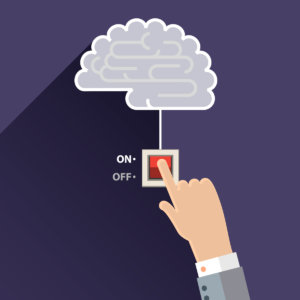The Heavy Toll of ‘Always On’ Technology
Emails, instant messages, and texts — and the expectation that they’ll be responded to immediately — are driving workers to distraction.
How quickly should employees respond to emails? In most workplaces the answer is “right away.” But scientific research is starting to suggest that managers need to recognize the effect that being “always on” has on employee stress and overall efficiency.
More than a decade after the smartphone’s introduction, researchers have been tracking and analyzing its impact — and that of its addictive technological relatives, email and social media — on our brains. In their book The Distracted Mind: Ancient Brains in a High-Tech World (The MIT Press, 2016), neuroscientist Adam Gazzaley and psychologist Larry D. Rosen reveal what happens in our brains when we get interrupted or self-distract and how that affects us behaviorally and psychologically. The book explains how internet-connected devices and expectations for immediate responses to communications degrade our attention, with implications not just for productivity but also for mental health and stress levels in the workplace.
Rosen, a professor emeritus and past chair of the psychology department at California State University, Dominguez Hills, communicated by email with MIT Sloan Management Review about what managers can do to minimize unnecessary interruptions for their staff. The interview was conducted by freelance journalist Frieda Klotz, and what follows is an edited and condensed version of their conversation.


Comments (2)
Jeff Nay
I appreciate this article. I would like to see more citations if some of the research cited herein. I have seen that many people who occupy certain positions in the business world (ie. small business owners, tech entrepreneurs, to name just two specific ones) think they are in the 2% of adults who are supertaskers. They reason that because they have held these rare positions for a substantial period of time, and they have "succeeded" at them ('success' being a self-rated term), and they engage in task shifting all day long, that that is prima facie evidence that they are good at multitasking. It's like all the drivers who just know they are better than average.Baskar N